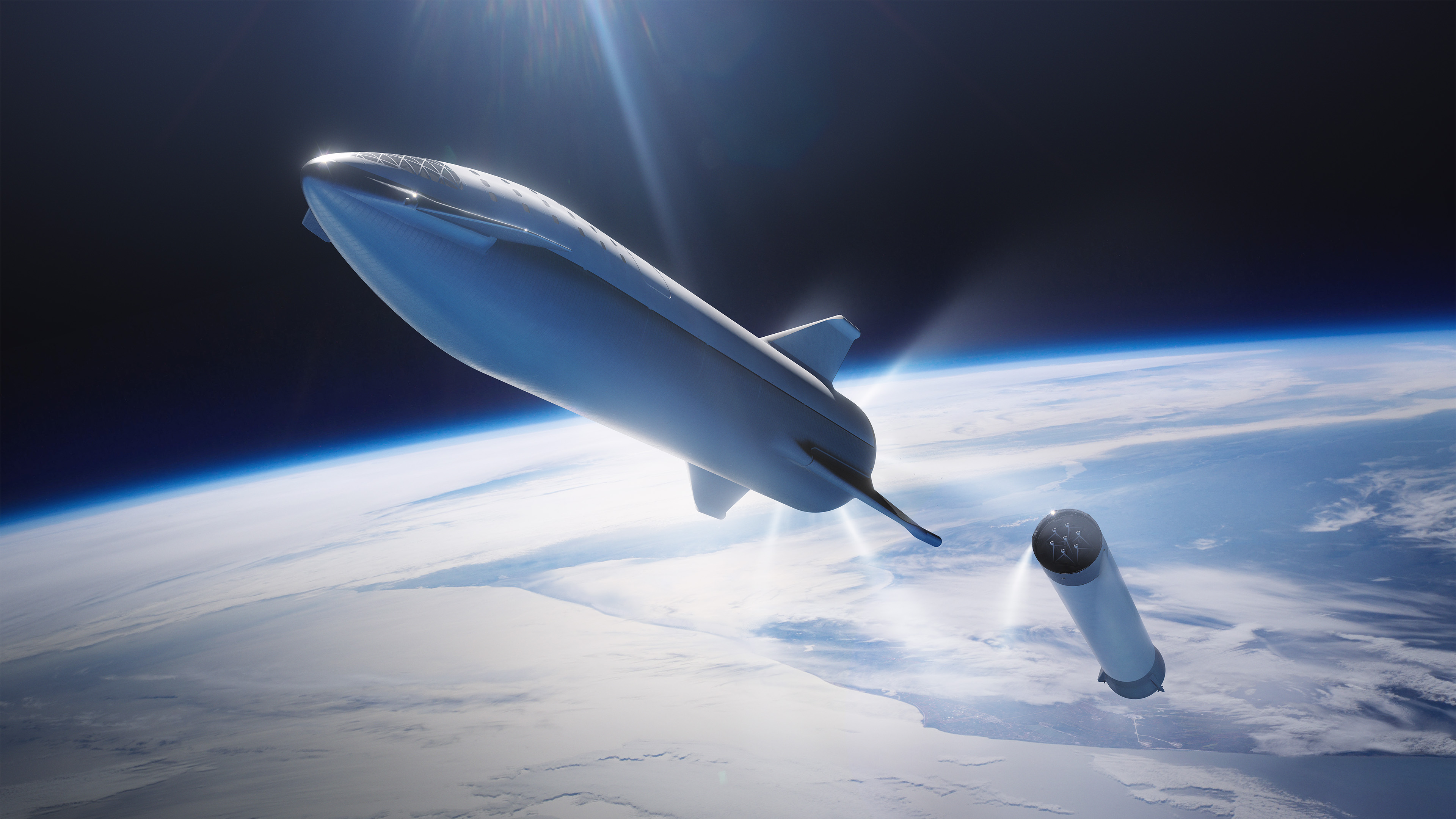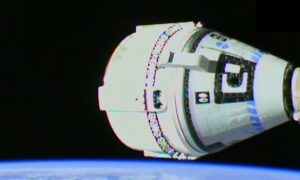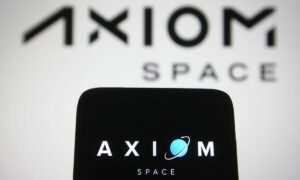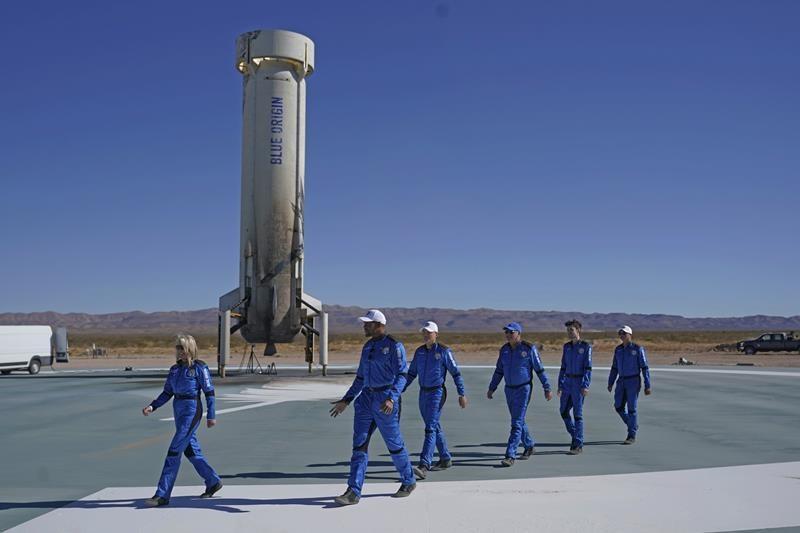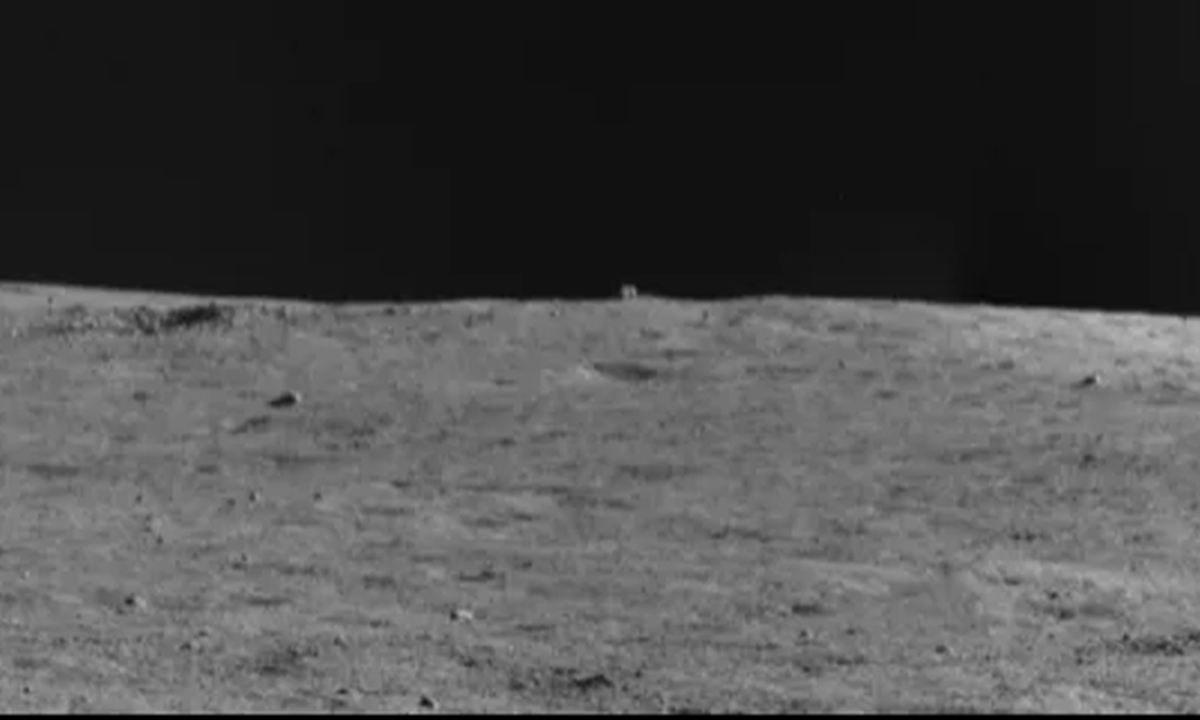Uncrewed SpaceX Starship could land on the moon by 2021, after which, a kept an eye on moon mission could be a quick probability, SpaceX founder Elon Musk has said.
Elon Musk’s conservative estimate for sending individuals back to the moon on board a SpaceX vehicle is 2023, a year prior to NASA plans to send a team to visit the moon as part of its Artemis program, that would likewise incorporate a female astronaut, CNET reported on Thursday.
Prior this year, NASA administrator Jim Bridenstine said that the space agency could consider utilizing a third-party rocket like the SpaceX Falcon Heavy for coming back to the lunar surface yet later explained that Artemis program would utilize NASA’s new Space Launch System.
Taking cues from NASA’s plans, the multi-billionaire space enthusiast believes that the fastest path back to the moon might be to “go for it, alone” in light of the fact that he knows that the way toward qualifying a new spacecraft to fly NASA missions, particularly including group, could take numerous months or even years.
While a few key SpaceX projects are working through minor setbacks, on Tuesday a hold-down test firing of a single-engine SpaceX Starship prototype finished with a surprising fireball.
Despite the fact that the prototype did not seem, by all accounts, to be genuinely harmed, the current week’s plans for the purported ‘Starhopper’ to lift off the ground for the first time and hover before landing were consequently postponed, the report said.
Prior this week, Musk’s SpaceX and NASA declared that the Dragon explosion was traced back to a leak in the craft’s pressurisation system.
While Crew Dragon was at first set to carry its first team this month, Elon Musk currently says that mission seems to be around a half year away.
Prior this year, a SpaceX Crew Dragon rocket was destroyed during a test firing.
Despite the fact that NASA has officially tapped Crew Dragon and Boeing’s Starliner craft to start shuttling US astronauts to the International Space Station, Bridenstine told a Senate committee on Wednesday that NASA would not have an estimate of the cost for its 2024 Artemis mission-ready until 2020.
Disclaimer: The views, suggestions, and opinions expressed here are the sole responsibility of the experts. No Chicago Headlines journalist was involved in the writing and production of this article.

